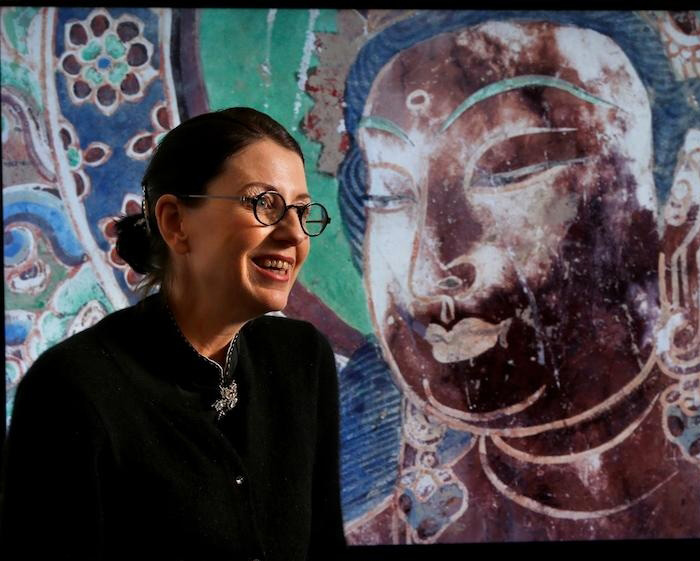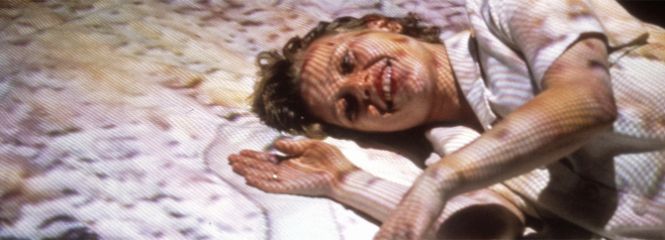“Making Digital Heritage Multisensory – Strategies and Political Impact” headlines the Research Summit Series #3 to which experts, researchers, students and the interested public are invited. The key note speakers Prof. Sarah Kenderdine and Prof. Hiroshi Ishii will give lectures on experimental museology and the challenges exhibition institutions are confronted with in presenting digital content.
Interfaces, visualizations, social media platforms, innovative communication devices, and data mining are significant components of our digital heritage. Scientific research is closely intertwined within the fields of art, science and technology leading to the latest technological developments amid aesthetic and artistic processes. Additionally, art and cultural heritage evolve into a completely new perceptive level by using digital technologies.
With the post digital turn, digital materials are explored through multisensory devices, haptic interfaces and tangible user applications whereby the digital-virtual sphere is physically experienced. Simultaneously, through digitization, new experiences of (inaccessible) cultural heritage have been established with virtual and immersive installations, 3D illusions and data visualizations.
Digital art between science and technology
International leading experts in digital art, museology, cultural heritage, art history and computer studies will introduce main themes and issues of art in the digital sphere and discuss the future of GLAM institutions within the socio-cultural transformation through digital technologies. Prof. Hiroshi Ishii and Prof. Sarah Kenderdine will present the key notes followed by Prof. Oliver Grau, Prof. Ryszard Kluszczyński and Prof. Morten Søndergaard who will participate in the panel discussion tracing digital art as digital heritage presented in- and outside museums and addressing the pivotal question at the present time interfacing science and technology, namely to what extent art has an impact on society and in what ways will museums have to adapt to keep pace with current developments?
Internationally renowned keynote speakers
Prof. Sarah Kenderdine researches at the forefront of interactive and immersive experiences for galleries, libraries, archives and museums. Her internationally exhibited and critically acclaimed works amalgamate cultural heritage and new media in the fields of interactive cinema, augmented reality and embodied narrative. Most recently, Kenderdine was the founding director of the Expanded Perception and Interaction Centre (EPICentre) at the University of New South Wales, Australia, where she pioneered new visualization frameworks for medicine, engineering and the arts. In 2017, she was appointed Professor of Digital Museology at the École polytechnique fédérale de Lausanne (EPFL) where she is building a new laboratory to explore the convergence of aesthetic practice, visual analytics and cultural data.
Hiroshi Ishii is a Muriel R. Cooper Professor of Media Arts and Sciences, at the MIT Media Lab. He joined the MIT Media Laboratory in October 1995, and founded the Tangible Media Group to pursue a new vision of Human Computer Interaction (HCI) – "Tangible Bits." His team seeks to change the "painted bits" of GUIs to "tangible bits" by giving physical form to digital information and computation.
The Research Summit Series
The Research Summit is a new conference format at Danube University Krems with the overall goal of bringing together scientists, technicians, students and the interested public for an transdisciplinary exchange. The three Faculties of Danube University Krems and its Departments organize the event in alternating orders.
The event in detail
Contact
Univ.-Prof. Dr.habil. Oliver Grau, M.A.
Tags

%20Mariko%20Tagashira.jpeg)
%20Elmar%20Elbs.jpg)
